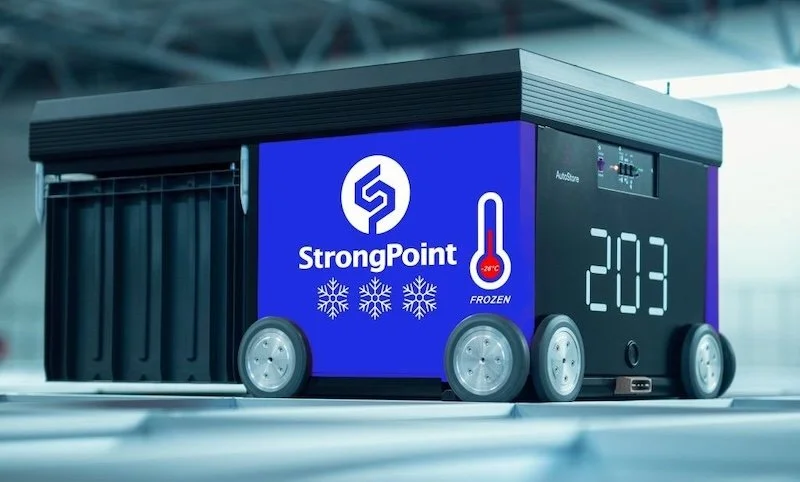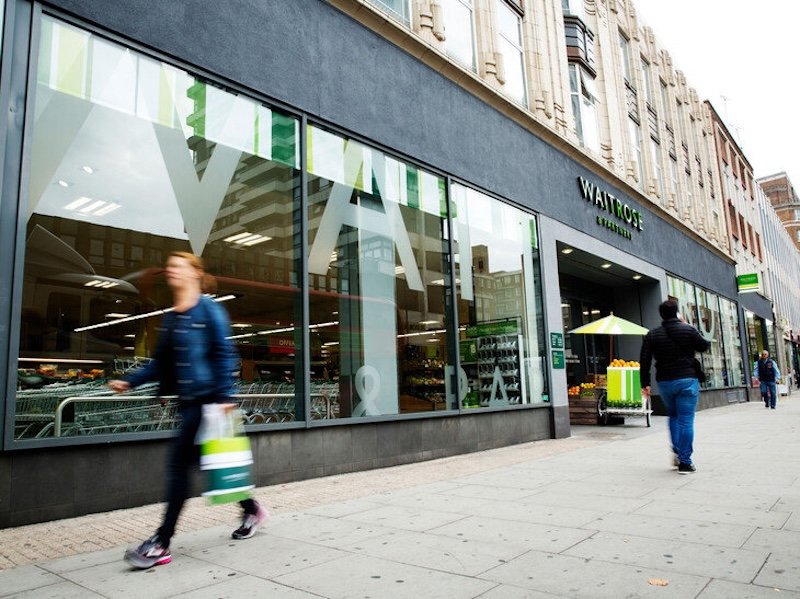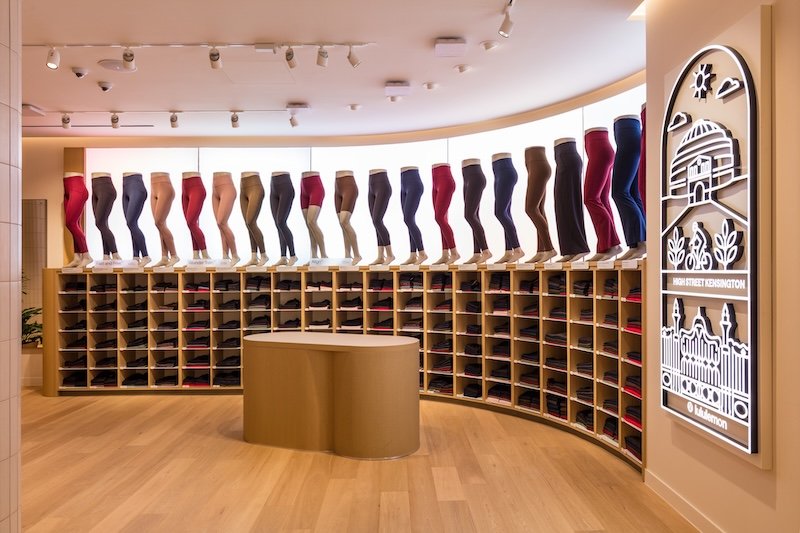Most profitable types of loyalty programme for large omnichannel retail in 2023
Explore what types of loyalty programmes are the most profitable ✅ Learn what you should include in your marketing campaign for large omnichannel retail ➡️➡️➡️ Read on for more.
Loyalty programmes are a very old and effective marketing tool that can firmly tie customers to your brand.
They have become especially relevant in our digital age, because while previously they were embodied in the form of cards or some other paper incarnation, now such programmes have almost completely moved online and are contained on devices that are in everyone's pocket.
There are many ways to develop a loyalty programme since you can either develop it from scratch or buy a white label loyalty programme software. One thing doesn't change, in order for the loyalty programme to work, you need to understand exactly what type it will be, especially if we are talking about a large enterprise like a big retail chain.
In this article, we will look at the four main types of loyalty programme, so you can choose the one that suits you best.
Four key types of loyalty programmes
1. Point programmes
Of all the loyalty programme types, this is probably the most common. Its main idea is that customers receive points for each purchase.
The points received can be spent in the future in your store by buying something or getting a discount.
Point programmes are, for the most part, free to join and are an extremely convenient tool for reattracting customers without any extraordinary costs.
Advantages
● Low entry threshold since all the customer needs to do is give you their details or create an account.
● Such loyalty programmes are extremely convenient for getting customer data.
Challenges
● Lack of instant benefit to the customer. Clients may simply forget that they have bonus points.
2. Cashback programmes
Cashback programmes are very similar to the previous type. Here the customer doesn’t receive abstract points, but quite understandable money from each purchase made.
In fact, you are simply giving the customer a discount for joining the loyalty programme and making a purchase from you, not from your competitor.
There are many examples of loyalty programmes of this type, the common feature of which is the need to spend a certain amount of money first in order to pass the loyalty qualification.
Advantages
● In addition to the benefits already mentioned in the points programmes, cashback is extremely good at encouraging repeat sales.
Challenges
● Profitable and non-profitable customers will be rewarded equally.
● There are many examples of loyalty programmes using cashback. Almost every brand has them, and most likely your competitors do too.
3. Coalition programmes
Of all the loyalty program types, this one does not immediately come to mind.
It’s based on collaboration with other brands to create a common loyalty programme. The buyer can earn various bonuses by purchasing goods or services in one business and spend these bonuses in the other.
On the one hand, such programs ensure an easier promotion through omnichannel marketing, because by becoming a member of such a loyalty programme customers will know about your business, even if they aren’t your target audience.
On the other hand, coalition programs create loyalty to the programme itself.
Advantages
● Clients can earn and spend their bonuses faster, being a customer of different brands.
● The marketing costs are usually divided equally between all members of the coalition.
Challenges
● A low overall level of loyalty to your brand.
4. Referral programmes
Another extremely popular type of loyalty programmes. This is where a client gets rewards for bringing in new customers for your brand.
To have this opportunity, the customer needs to buy something from you at least once, and by convincing people they know to become your customer they actually become your ambassadors.
Advantages
● You transfer all the difficulties in attracting new buyers to customers.
● Your brand's reputation grows quickly because it's essentially fueled by personal recommendations from your customers.
Challenges
● This is a rather slow type of attracting new customers, as people are usually shy to impose their brand preferences on their acquaintances if the latter don't take the initiative themselves.
Conclusion
So those were the four key types of loyalty programmes for large retailers. Some of them will appeal to you more and fit your business needs better.
Loyalty programmes are a great way to make regular customers loyal, maybe even ambassadors for your brand.
If you've decided which type of loyalty programme suits you best, but still don't understand exactly how to operate them, read these tips for building customer loyalty and you'll be one step closer to building a long-term relationship with your clients.















Continue reading…